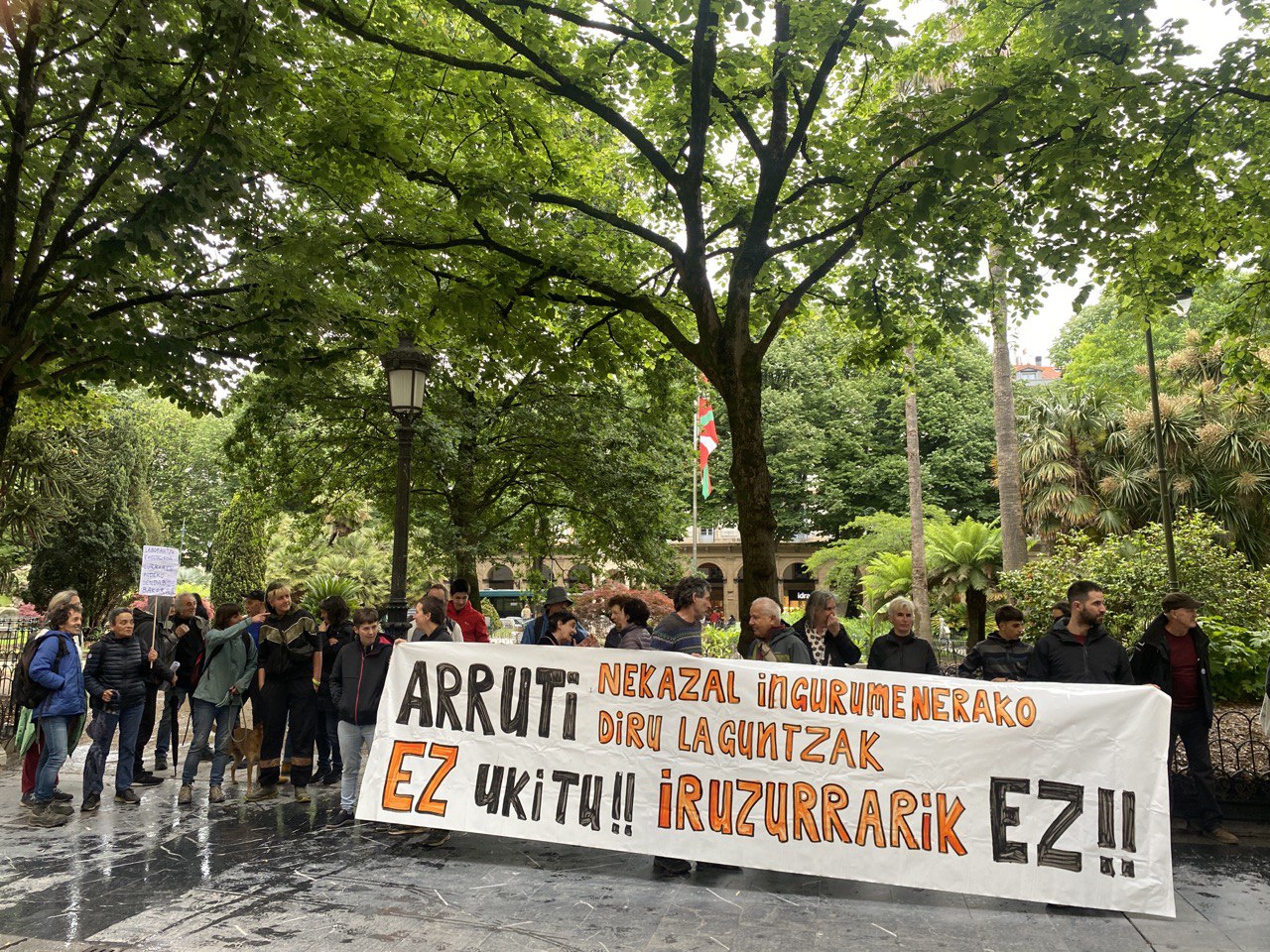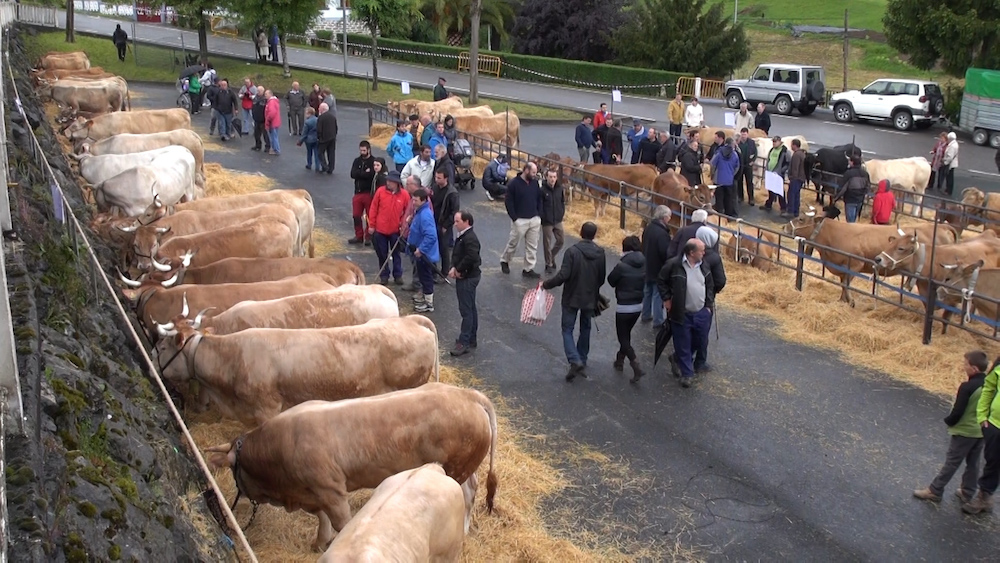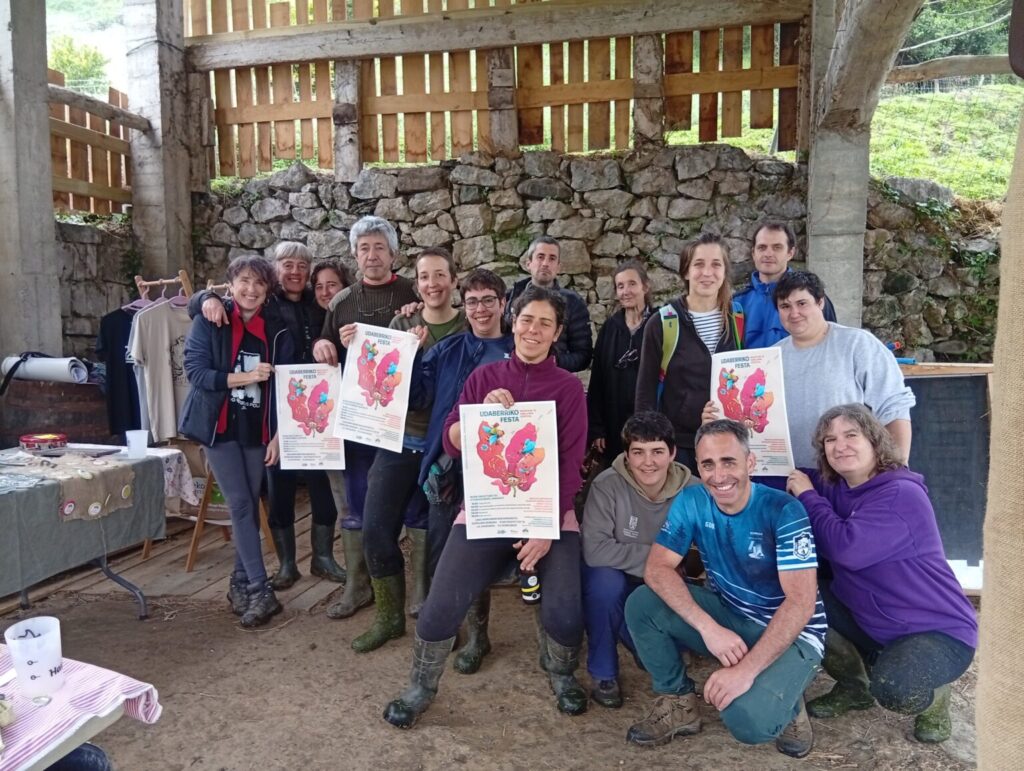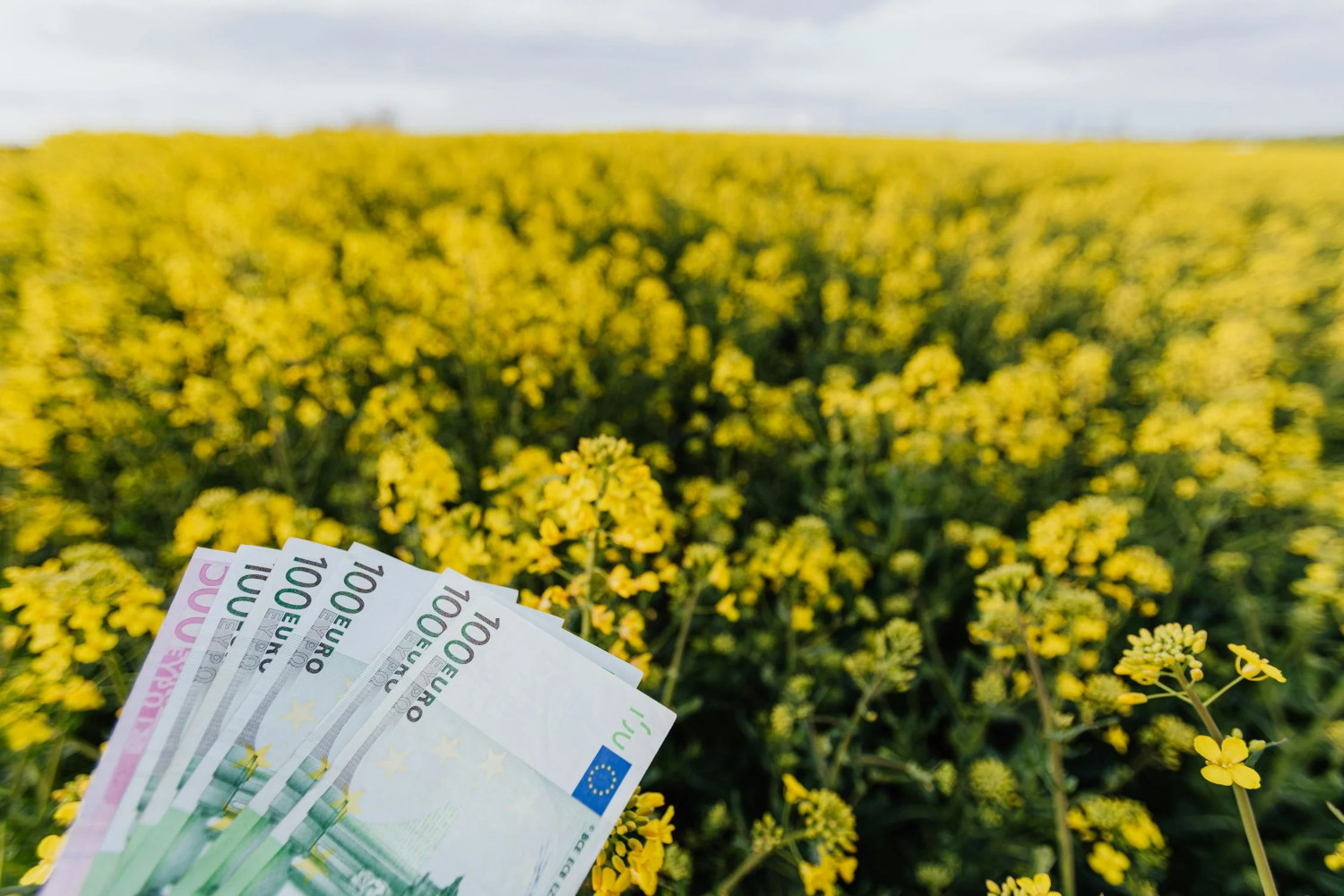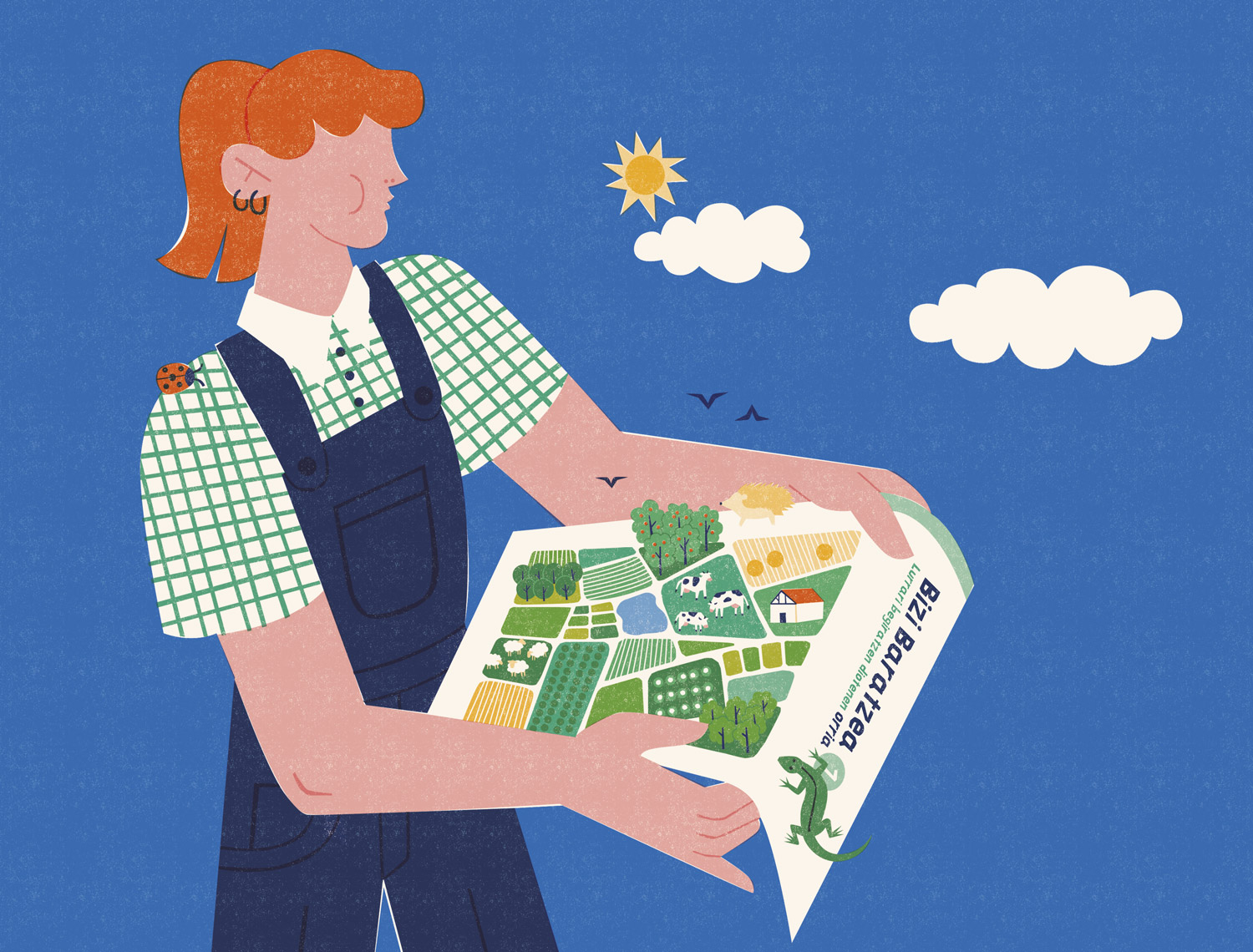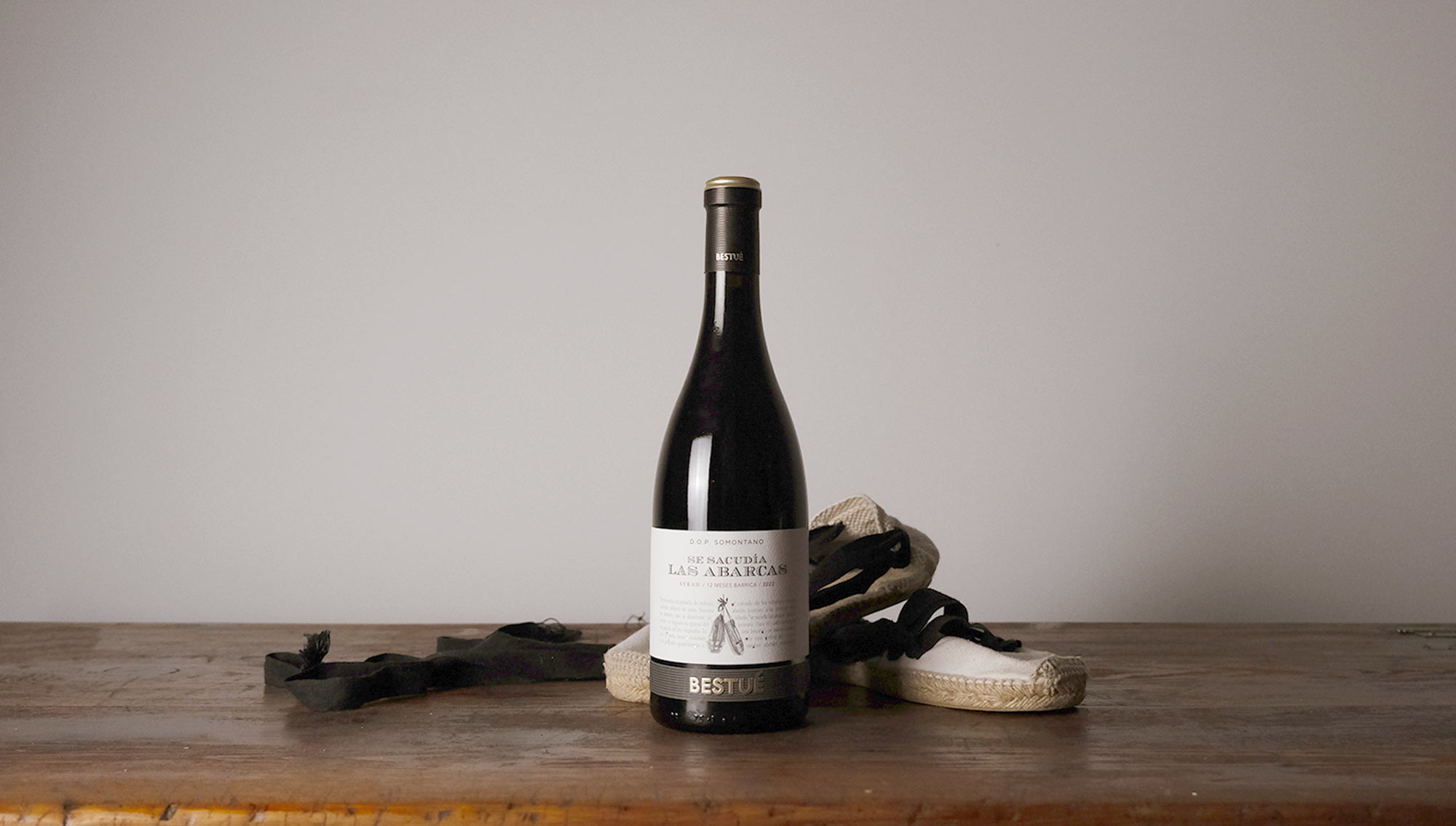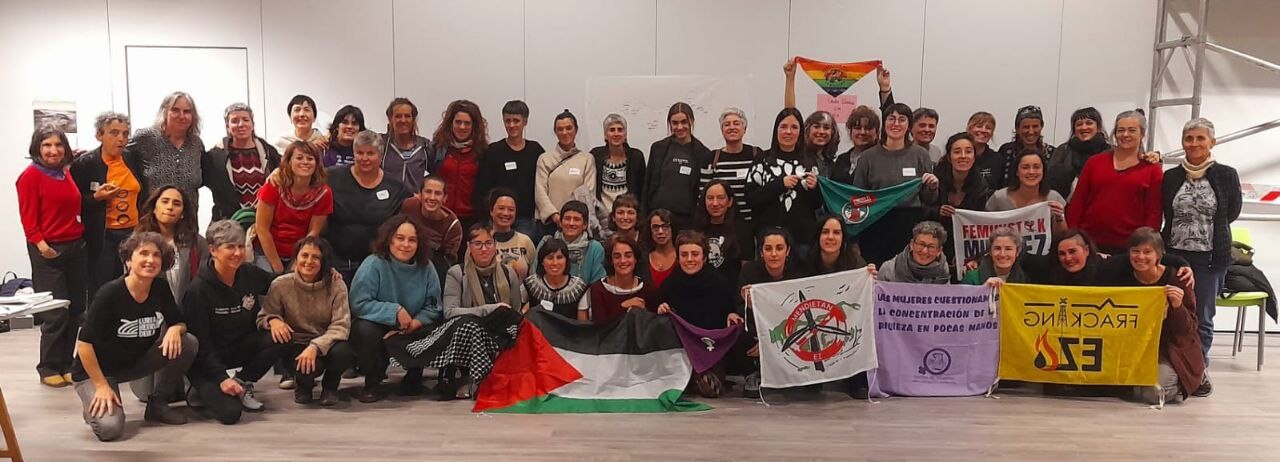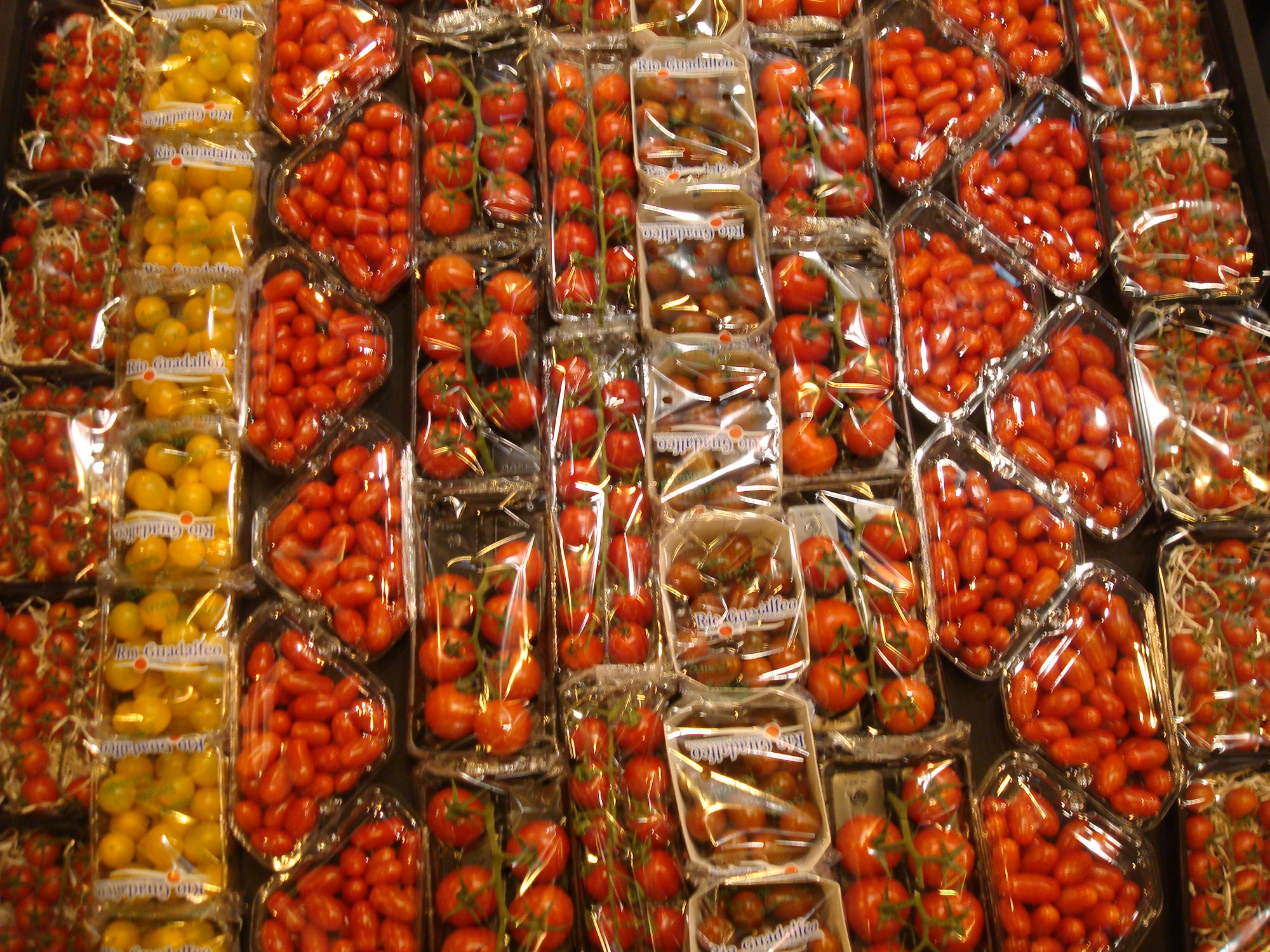"EHKolektiboa is a tool to socialize the model of agroecological farmers"
- Caserío Sosola is located in the Mandiola Valley, in Eibar, climbing the Amaña district. Enrike Gisasola gathered from the hands of his aittitta-amamas the march of the farmhouse and since 1994 they dedicated themselves to organic production. Two main sales activities are currently being carried out: the Enrike Gisasola cheese mill and the Aizpea Izagirre bakery. In addition to the members of EHKOlektiboa, this Saturday, 9 July, a visit to the farm has been organised within the Baserriko Uzta initiative, with the concert of Ruper.

How is the preparation for Saturday? What do you expect?
Training is doing very well because of the protection we have in our environment. On the one hand, a very nice team of collaborators has been set up, and on the other, the work of EHKOlektiboa makes things very easy. We must not forget Ruper Ordorika's disposition. At the last minute we try to overcome the ups and downs and surprises and we hope it will be a nice day. Time now has to help and it seems that it will not behave entirely badly.
.jpeg)
How did you start in the world of organic bread?
Organic bread or organic bread from Gipuzkoa will be around 40 years old in Gipuzkoa (coming from behind in other European countries). In the farmhouse, bread has always been made in the old wood oven. So we started, looking at the movements of grandma's hands and arms. We bought white flour and sold bread to the house on the streets of Eibar.
In the early 1990s, Marilu and Xabi Okin of Aristizabal opened us a new world, the world of real bread, a food that improves human and environmental health. Thanks to the courses and their generous advice, we were trapped by the long fermentation and the new/eternal bread net made with the ground wheat at home.
We realized that in some villages in Gipuzkoa they were also like us, and we got into the Biolur society and became part of the local baker. On the other hand, customers also appreciated the change. Small shops in the village also started ordering, so we made a new bakery to improve working conditions and increase and stabilize production.
What is the world of real bread?
The explanation for the process is long but, in short, we tend to use berantzagia (parent mass). Wheat From EH farmers and the house in part harvested and ground in a stone mill called Astrie. Once the flour has been extracted and the bran has been removed, due to the characteristics of the wheat of the year, the dough is grown and after the corresponding batches (in total about 8 hours) are roasted in the wood oven. It is then sold in small shops and consumption groups of the locality and the region.
You also make wheat. In the Gipuzkoa area, however, it is currently not very common.
The idea of sowing wheat emerged 8 years ago. Not long ago, knowing that a lot of wheat was consumed on the farm (until the 1950s approximately), we came to work again in the field. Together with Errezil’s Iruretxiki we have received a small but significant production. No way to meet all of our demand. But having homemade wheat always gives a point to bread. The second reason is pedagogical, that is, when harvesting the crop they are offered the possibility of knowing what wheat is inviting the customers to the auzolan and what other aspect of the bakery hidden but essential.
You also make cheese.
In origin, the production of our farmhouse has focused on the cow, as in almost all farms in this area. After the brutal reconversion of the European agricultural policy sector, the sheep has become a more appropriate solution. We have always known them in the farmhouse, but they did not have the importance of livestock. By the year 2000, we took out the cows and put more sheep, in 2007 we built gaztetxe and legalized the sale of cheese.
Today we make eco-friendly sheep's cheese. We meet the requirements and regulations of the ecological, among other things, we cannot increase our production more than the land resources we have. We have caps, eleven sheep per hectare of field in the case of sheep.
We are seeing that it is difficult for the new generations to join cheesemaking because of its difficulty. How do you see the future?
We see it pretty dark, at least around us. We are very few cheesemakers and cheese is eaten very little, even though they are competition championships, auctions and annual fairs stars. And the general view is that there are a lot of cheesemakers and that many young people from Demas are sold and eaten. It would be a good thing if the media were to monitor the agricultural sector more comprehensively and more rigorously and if real data were to emerge from time to time. It is a great need.
EHKO groups together farmhouses based on agroecology. Why is it important to work on the agro-ecological model? The ECO label is also becoming fashionable. But behind it is much more reflection...
ECO, BIO, they're fashionable. What 30 years ago was an occurrence of 4 hippies, has suddenly become a wick of multinationals. At a time when pioneers are taking the toilet, the food industry that until recently turned its back has turned both eyes on the eco-friendly and risked losing its essence.
Originally, organic farming emerged from a social concern with a great deal of ethical content. In fact, the Green Revolution of the twentieth century has caused damage, particularly to the environment. Intensive agriculture and its industry, thanks to the fiction of cheap oil, have made cheap food, but at what price? The damage has been evident in the environment and in people’s health, so we generate alternative, BIO, EKO and ORG (synonyms) with their own regulations and law, with the blessing of the European Parliament. And this is success, and this is success. Bioindustry. Even though it does less harm to the environment, how is the farmer? Are BIO export imports facilitated by globalisation not contradictory to transport costs? What influence does this bio have on world trade relations, which may be fair those which are paid to farmers in poor countries?
From the reflection derived from all this arises the concept of agroecology, which also considers it essential to incorporate the social perspective in the agricultural activity, along with that of the environment. It has also been reflected in the Basque Country: Following the reflection of local (and non-farm) farmers in 2007-08, we decided to create the cross-border partnership EHKOlektiboa. EHKO identifier of its fruit: A meeting place for agroecological farmers in the Basque Country and a tool to socialize our agricultural model. In their tasks, to define and disseminate the agroecological model, promoting a group dynamic inward and outward developing initiatives such as the caserío harvest. Free space for the self-management of farmers of all the Basque peoples. It's open to all interested audiences.
2020. urteko udaberrian lorategigintzak eta ortugintzak hartutako balioa gogoan, aisialdi aktibitate eta ingurune naturalarekin lotura gisa. Terraza eta etxeko loreontzietan hasitako ekintzak hiriko ortuen nekazaritzan jarraitu du, behin itxialdia bareturik. Historian zehar... [+]
Euskal Herri mailan txikitik handira agroekologia sustatzen duten zenbait elkarte eta kooperatiba ataka larrian daude, finantziazio iturriak bertan behera geratu ostean. Erakunde publikoetatik, berriz, elikadura negozio gisa ikusten duten proiektuen aldeko apustu irmoa nabari... [+]
Iruñean bizi ziren Iñaki Zoko Lamarka eta Andoni Arizkuren Eseberri gazteak, baina familiaren herriarekin, Otsagabiarekin, lotura estua zuten biek betidanik. “Lehen, asteburuetan eta udan etortzen ginen eta duela urte batzuk bizitzera etorri ginen”, dio... [+]
Gaur abiatu da Bizi Baratzea Orrian kide egiteko kanpaina. Urtaro bakoitzean kaleratuko den aldizkari berezi honek Lurrari buruzko jakintza praktikoa eta gaurkotasuneko gaiak jorratuko ditu, formato oso berezian: poster handi bat izango du ardatz eta tolestu ahala beste... [+]
Gipuzkoako hamaika txokotatik gerturatutako hamarka lagun elkartu ziren otsailaren 23an Amillubiko lehen auzo(p)lanera. Biolur elkarteak bultzatutako proiektu kolektiboa da Amillubi, agroekologian sakontzeko eta Gipuzkoako etorkizuneko elikadura erronkei heltzeko asmoz Zestoako... [+]
Emakume bakoitzaren errelatotik abiatuta, lurrari eta elikadurari buruzko jakituria kolektibizatu eta sukaldeko iruditegia irauli nahi ditu Ziminttere proiektuak, mahai baten bueltan, sukaldean bertan eta elikagaiak eskutan darabiltzaten bitartean.
Ibon galdezka etorri zait Bizibaratzea.eus webguneko kontsultategira. Uda aurre horretan artoa (Zea mays) eta baba gorria (Phaseolus vulgaris) erein nahi ditu. “Arto” hitza grekotik dator eta oinarrizko jakia esan nahi du, artoa = ogia; arto edo panizo edo mileka... [+]








